Latest Comments
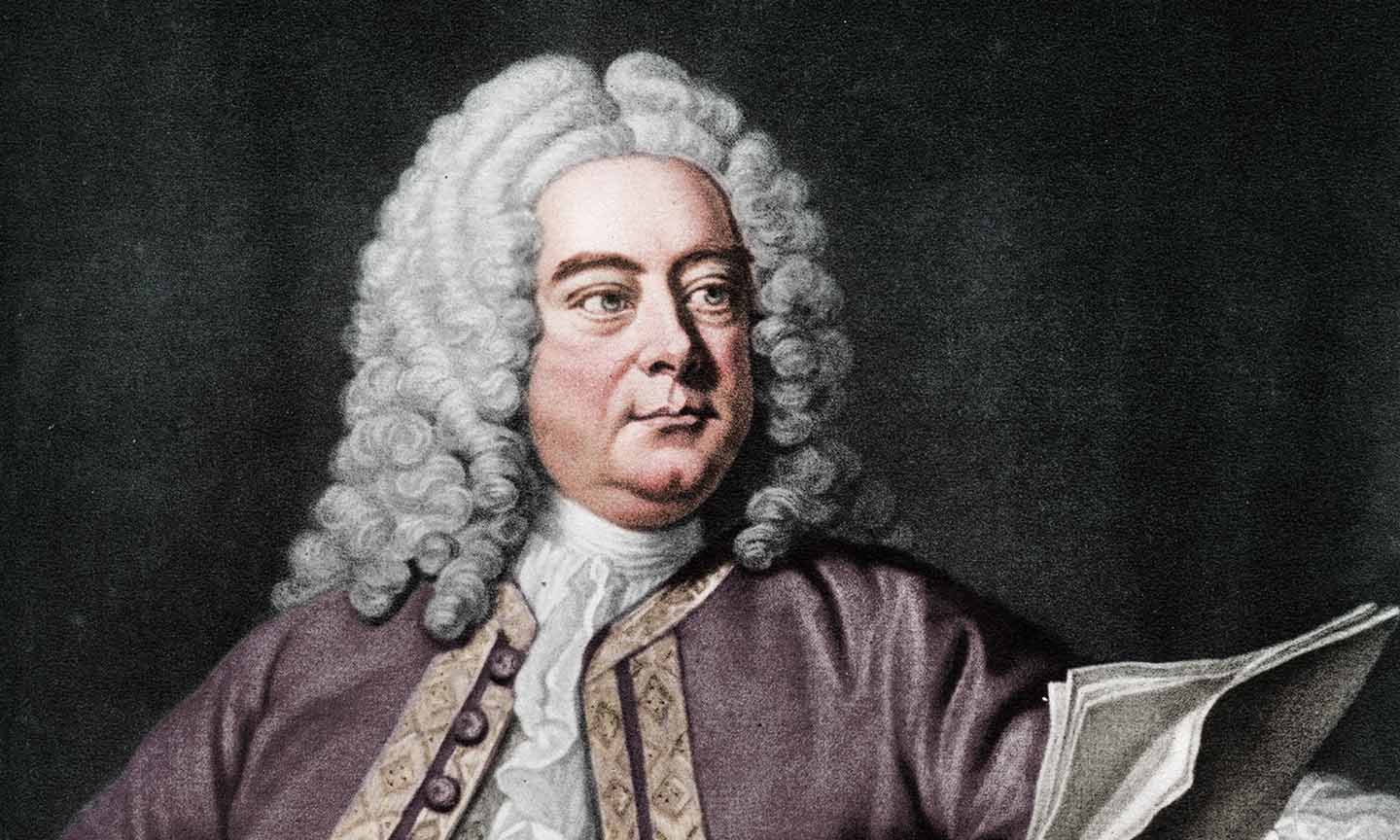
5 Fascinating Facts about Händel
Georg Friedrich Händel, one of the most celebrated composers of the Baroque era, is best known for his operas, oratorios, and concertos. His music has[…]

Top 10 Händel Songs
Georg Friedrich Händel, one of the Baroque era’s most celebrated composers, left an indelible mark on the world of music. Born in Germany but spending[…]

Top 10 Carl Philipp Emanuel Bach Songs
Carl Philipp Emanuel Bach, the second son of Johann Sebastian Bach, was a pivotal figure in the transition from the Baroque to the Classical period.[…]
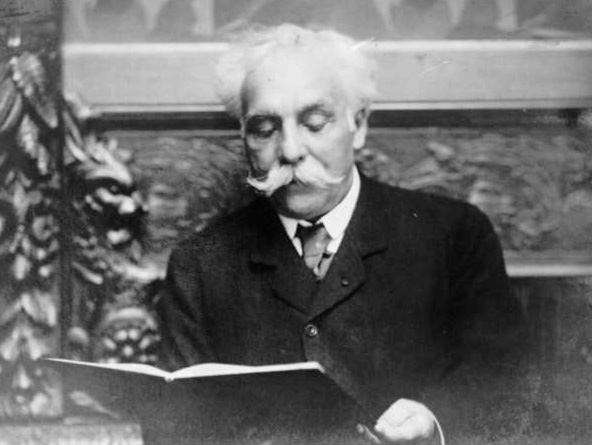
Top 10 Fauré Songs
Gabriel Fauré (1845-1924) was a pivotal figure in French music, bridging the Romantic and Modern eras with his innovative compositions. Renowned for his melodic inventiveness,[…]
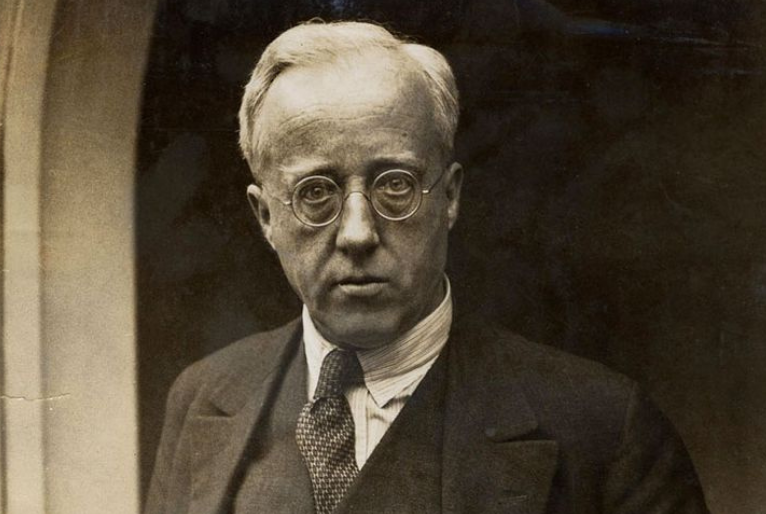
Top 10 Holst Songs
Gustav Theodore Holst, an English composer, arranger, and teacher, is best known for his orchestral suite “The Planets.” Holst’s music is celebrated for its innovative[…]
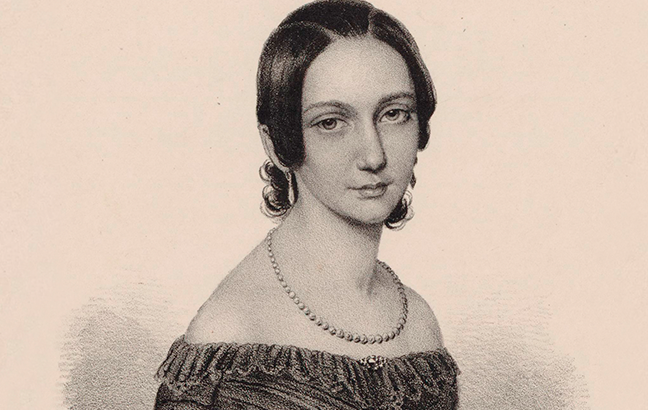
Top 10 Clara Schumann Songs
Clara Schumann, born Clara Wieck, was a prominent 19th-century pianist and composer, renowned not only for her virtuosic performances but also for her significant contributions[…]
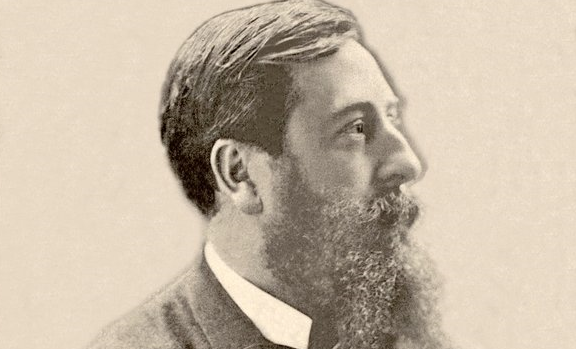
Top 10 Delibes Songs
Léo Delibes, a French composer of the Romantic era, is celebrated for his contributions to ballet and opera. His music is known for its melodic[…]
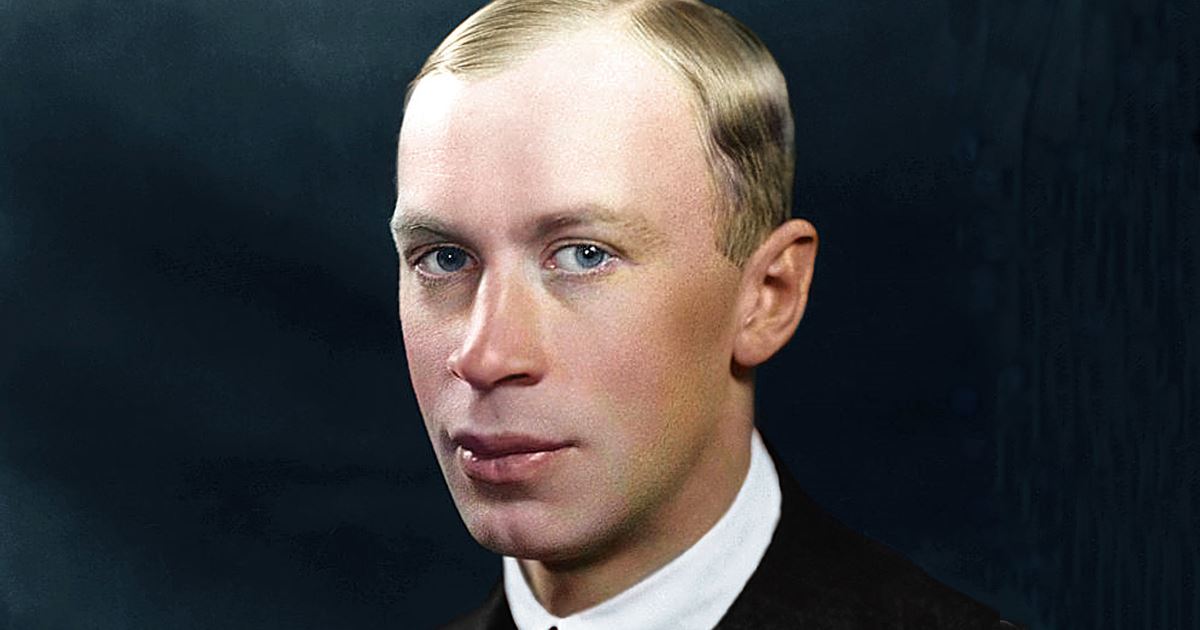
Top 10 Prokofiev Songs
Sergei Prokofiev, a towering figure in 20th-century classical music, is known for his innovative compositions that blend traditional Russian musical elements with modernist techniques. His[…]
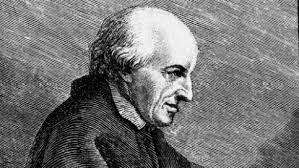
Top 10 Fasch Songs
Johann Friedrich Fasch (1688–1758) was a prominent German Baroque composer and contemporary of Johann Sebastian Bach. Though not as widely recognized today, Fasch’s music was[…]
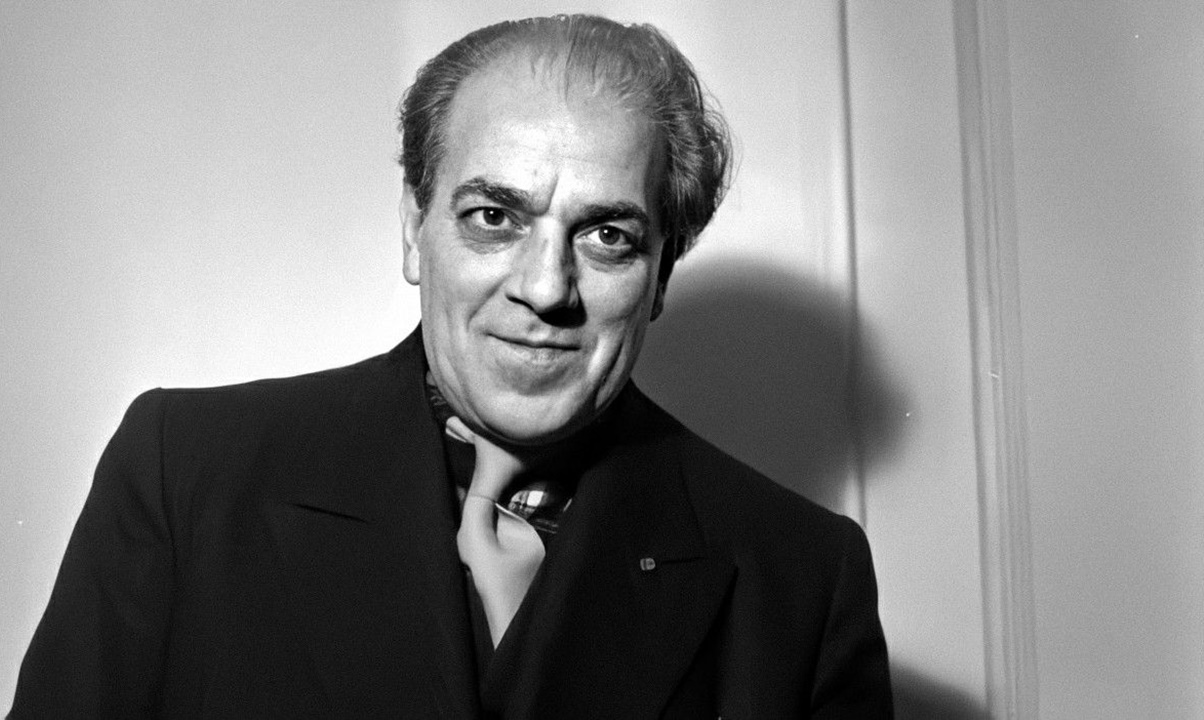
Top 10 Villa-Lobos Songs
Heitor Villa-Lobos, a towering figure in 20th-century classical music, is celebrated for his ability to weave the vibrant musical traditions of Brazil into the fabric[…]
© 2025 Top Classical Music. Created with ❤ using WordPress and Kubio